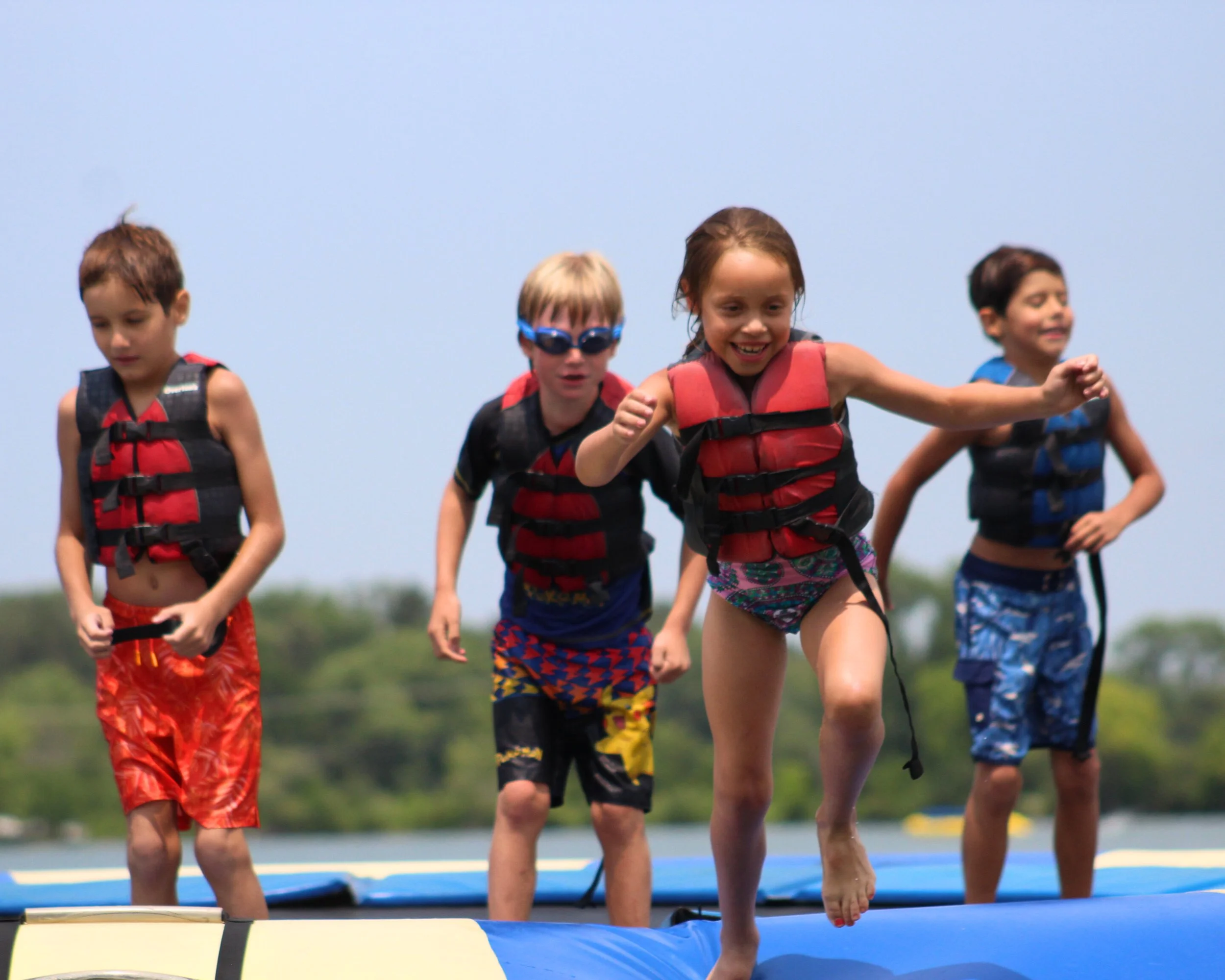10 Tips For Parents Sending Kids to Summer Camp
Tip 1: Medications
Have any necessary medications or life-saving medications in the original-labeled container, not expired, and placed in a ziplock bag with a taped label of the child’s name on the bag. Ensure you provide an authorized medication form for each child too. If staff need additional training on how to administer specialized medication, families should communicate these needs prior to the start of their child’s arrival at camp.
Tip 2: Food Allergies
If your child has any dietary restrictions, please communicate with whoever manages the kitchen. Ensure the camp provides reasonable alternative options based on common food allergens at camp (peanut-free, eggs, dairy, vegetarians, etc.) Each camp will handle this process slightly differently. Reach out to camp staff to better understand their process and if they let you provide your own food options, if that’s your preferred method.
Tip 3: Contact Allergens
Communicate any severe allergens within nature that can cause harm to your child, so camp staff can create an accommodation plan to help limit those exposures. Ask if camp provides options for sunscreen and bug spray for children who don’t have their own personal preferred brands. If your child has specialized brands to limit reactions, have it labeled and provided to their counselor. Ask if your camp allows aerosol products on camp. Some do not.
Tip 4: Swim Safety
If swimming is available at camp, ask about swim tests for children. Ask how camp determines who gets to swim in different areas. Ask how many lifeguards are present and their level of training. Ask to be taken through the swim safety protocol for your child’s age group. Ask if camp provides or allows personal floatation devices.
Tip 5: Hydration
Summer heat requires proper hydration. If camp has refillable water bottle stations, ensure you provide a labeled water bottle with your child’s name on it to help mitigate dehydration. If a camp does not have refillable bottle hydration stations, ask how the camp ensures proper hydration.
Tip 6: Authorized Pick-ups and Emergency Contacts
Provide appropriate contact information for all designated parents/guardians in case of an emergency pick-up/injury. Ensuring camp has complete information for each authorized person helps keep kids safe and helps quickly respond to emergencies.
Tip 7: Appropriate Footwear
There are a variety of different terrains depending on the camp. Without proper closed-toed shoes, these terrains can cause safety issues. This is especially true within specialized areas of camps that require closed-toe shoes to participate (target sports, rope courses, challenge courses, etc.).
Tip 8: Special Accommodations
If a child requires special accommodations, families should ensure camp staff are aware. This will allow them to prepare a plan of action for a safe, enjoyable camp experience.
Tip 9: Personal Belongings
To avoid any issues at camp, families should ensure personal items their child brings to camp are appropriate for all children to encounter. Some camps do not allow electronics, over-the-counter medications and other items. To be sure, ask the camp for guidance on what personal items are not allowed.
Tip 10: Sight/Sound/Rule of Three
Ask how individual counselors keep your child safe while at camp. For example, at Phantom Lake YMCA Camp, counselors are trained to ensure campers are within the counselor’s sight and sound at all times. Counselors and staff also are trained to stay in groups of at least three people to protect all involved in any given situation.

